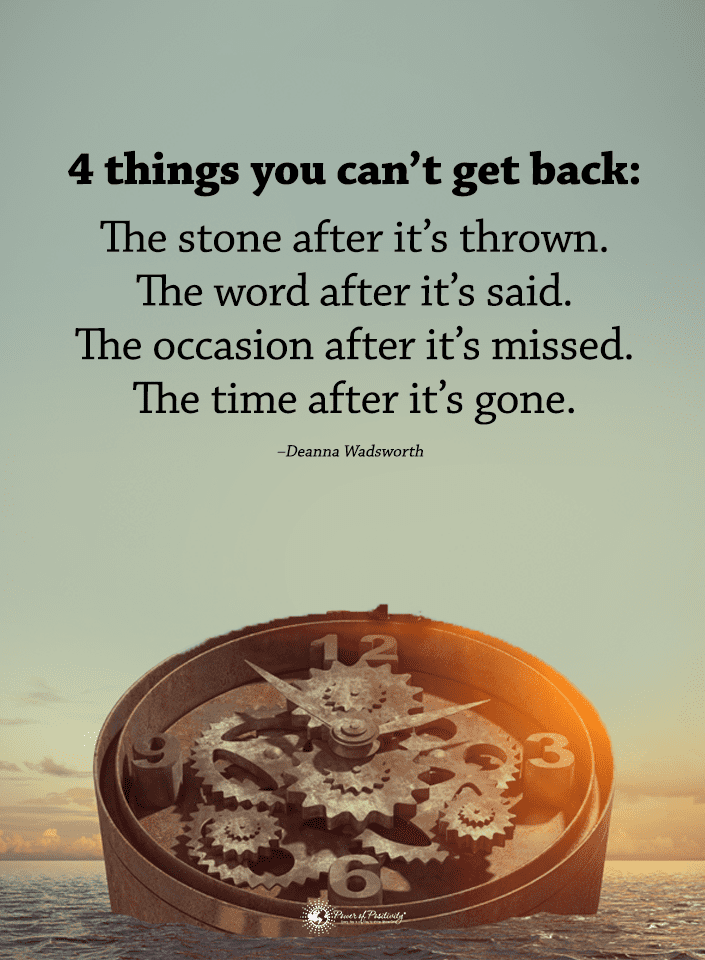Anticipatory grief is a term that might seem confusing at first. If you have not heard of it before, it might even seem dumb or made up. Who in their right mind feels grief before something terrible happens? Well, the answer to that question is simple. Everyone has experienced or will experience grief, even if there’s seemingly no reason to. Grieving is complex and usually involves a great deal of anxiety. So, to feel grief in anticipation of a loss is expected.
Anticipatory grief is nothing but the brain’s way of coping with the possibility of an impending loss. But society often shames people who experience this emotion. If a loved one is about to pass, people will tell you that you must have a positive attitude until the end. They won’t accept that you might already be grieving this loss. Instead, they’ll make you feel like you aren’t trying enough to cheer up your loved one.
This is potentially the most emotionally loaded example of shaming anticipatory grief. But there are many areas of life in which this emotion appears. And it’s not okay to feel like this feeling isn’t valid. You’ll inevitably have to deal with this type of grief. So, it’s best not to feel guilty about experiencing it. To do that, you should understand what causes anticipatory grief and how to cope.
What Is Grief?
Before diving into details about anticipatory grief, it’s best to analyze what grief is. Grief is not easy to describe in words. However, everyone has felt it to a certain extent, so we know how it manifests. But, while grief is an emotion, it’s best described as the state of being after a loss. There isn’t just one feeling that you experience while you grieve.
You can go from sad and angry to shocked in seconds. So, it’s easiest to describe grief as a process. The grieving period is the whole period from when you experience a loss to when you finally heal. Because of this emotion’s complexity, specialists tend to split it into stages. Usually, they split it into five stages, but some stray from this number. These stages are denial, anger, bargaining, depression, and acceptance. Unfortunately, if you don’t go through all of these stages, you can’t properly heal.
Now, anticipatory grief doesn’t strictly follow these stages. And there is one primary reason: if the loss hasn’t already happened, you still have hope. In some cases, this hope can help you avoid a loss. For example, if it seems like the loss of your job is inevitable, you might experience anticipatory grief. But this hope will make you want to keep fighting. This might allow you to pull a rabbit out of the hat and keep your job.
But this is the happiest of possibilities. In most cases, this hope will do you no good. It will only make the loss hurt that much more. Still, this hope is a stage of this process. This eventually helps you accept that the loss is inevitable and is an incentive to find ways to cope.
3 Causes of Anticipatory Grief
By now, you understand what anticipatory grief is. But there’s one thing that might not be clear. What are its causes? And how can you cope with it?
1 – Loss of a Loved One
You probably aren’t surprised to hear that the imminent loss of a loved one will trigger anticipatory grief. But that doesn’t mean you’ll feel it whenever someone you know has a sore throat. Of course, the thought that someone you care about will pass away at some point is frightening. But it won’t make you grieve. Instead, a couple of factors need to be met for the grieving process to be triggered.
First, you must have a strong emotional connection to the person you’ll lose. The emotional impact will be more significant if a family member is diagnosed with a terminal illness. Anger, fear, and sadness will fill you to the brim. The anxiety of getting a phone call that informs you your family member has passed haunts you. You’ll constantly think about them and hope that there’s still a way they can get away. Even if you know they only have a few months to live, you won’t want to accept it.
The second thing is that the loss needs to be imminent. For example, if a loved one has pneumonia, you will worry about them, as that’s a grave health issue. But pneumonia is not a deadly disease if there aren’t unlikely complications. So, you won’t feel anticipatory grief when someone is just sick. You’ll feel sad and worried, but nothing more. You won’t feel that heavy dread that you’d think if the loss were imminent.
2 – Anticipatory Grief Over the Loss of an Important Material Thing
This cause might seem shallow, especially compared to the one described before. But losing a job or an object you cared about can still make you grieve. Unfortunately, people think that if you lose a job, you stay home for a couple of months until you find another one.
But, for some people, that’s not possible. For example, some people become homeless or unable to feed their families if they lose a job. Or maybe an object is all you have left from your parents, and losing that means losing the only connection you still had with them.
So, losing a vital material thing is very serious. Even if you haven’t lost anything, you’ll feel grief if the loss is imminent. For example, if you get an eviction notice, you can still stay in your home for a few days. But just knowing you’ll have no home after you forcefully vacate can make you feel horrible.
3 – Big Life Changes May Cause Anticipatory Grief
This is the lightest cause of anticipatory grief, but it’s still something you should take seriously. People are creatures of comfort, and change is something that not everyone can handle. It’s normal to feel like you want your old life back. Because we lose something when we go through changes, it’s normal to feel grief about it.
Before making a big chance, you’ll feel some dread and fear. You might even be angry that you have to change anything. Of course, you think of this feeling as nostalgia or simply reminiscing on the past. But what you experience is anticipatory grief.
3 Ways to Cope with Anticipatory Grief
So now that you understand a little more about grieving, how do you cope?
1 – Use the Time You Have Left
This might seem obvious advice, but sometimes the most obvious things work best. When you know you are about to lose someone or something, you must make the most of what little time you have left. This period is the last opportunity to make happy memories. If a loved one is sick, you must hang out with them as much as possible.
Even if the thought of losing them hurts, not being by their side in their last moments will hurt more. Life is too short to live with regrets. So instead of beating yourself up over not seeing someone in their final days alive, make sure you use that time to make them happy. That way, you’ll look back fondly instead of beating yourself up over making a mistake. Or, if you’re about to lose your job, make sure you use that time to fight to keep it. Use those last moments wisely.
2 – Accept that the Loss Will Happen
This is probably the last thing you want to hear, but the only way to move forward is to start accepting that the loss will happen. Even if you’d give anything to stop the loss from happening, there’s nothing you can do.
Now, this is easier said than done. Your emotional side will push you to bargain and beg for things to be different. But it would be best to stay rational. Tell yourself it’s okay to be sad, but the loss will still happen. It’s normal to grieve, but you can do nothing to change things.
3 – Prepare for the Worst
When you know you will lose something or someone, you need to prepare for that loss. But don’t procrastinate and wait for the worst outcome to happen. That’s not helpful; it just means the loss will impact you more. But, if you take preventive measures, at least you know you did all you can to soften the blow.
If you’re about to lose someone, make sure your family has plans for a funeral. It seems dark, but it helps alleviate some of the pressure of the loss. If you’re about to lose your job, search for potential new jobs. Take your time and make sure you do everything in your power to soften the blow of the loss.
Even more important is that you take the time to process your emotions. Talk to friends, family members, or even a therapist if you feel you can’t navigate these emotions alone.
Final Thoughts on Causes of Anticipatory Grief and Ways to Cope
Anticipatory grief is something that everyone has to deal with at some point in life. But unfortunately, experiencing loss is inevitable, and we, as a society, don’t talk enough about handling it. And anticipatory grief is something that we talk even less about. Still, it’s natural to grieve a loss even before it happens. So please don’t feel guilty about it; we all go through it.
Much like grief, this emotion is a mixture of anger, sadness, and a refusal to believe the loss will happen. Any imminent loss will cause anticipatory grief. Some of the most common causes are the impending loss of a loved one or valuable material possession. Another reason might be going through significant life changes, which don’t affect everyone. Because you can’t control this feeling, you need to learn to cope with it. Finally, you’ll have to accept that grieving is a process you must go through to heal.
And anticipatory grief will not spare you post-loss grief. But it can teach you to handle it better. First, make sure you make the most of your time. Prepare yourself for the worst, even if you hope that it won’t come to that. And lastly, accept that loss is a natural part of life. You still have a life to live and must make the most of it.



















